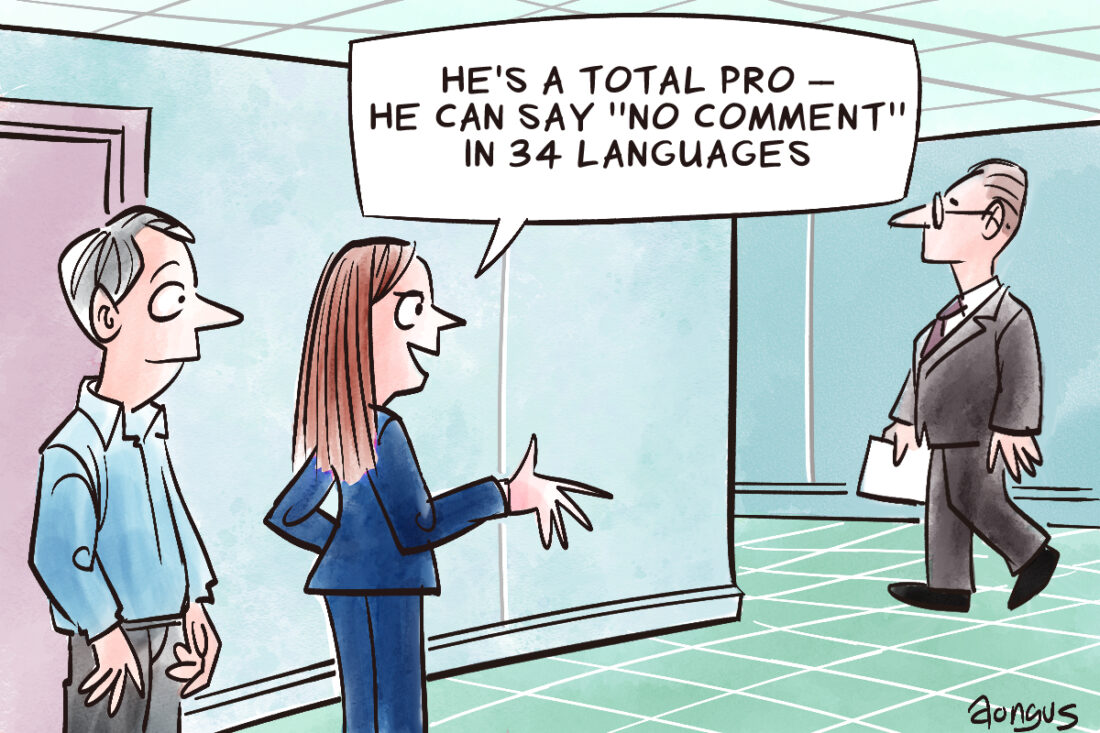| In the heat of a crisis, it is vital that every statement is absolutely accurate. What you say now may come back to haunt you later.
You have to be very careful with words. As the old Led Zeppelin (and Rolf Harris) song goes: ‘you know words sometimes have two meanings’.
So, in 1963, when the US President John F Kennedy went to Germany and wanted to show how much he cared for the people, he said: ‘Ich bin ein Berliner.’ That’s fine, but Berliner also means a type of German doughnut and also a specific size of newspaper. Kennedy was lucky – the audience knew what he meant from the context.
Jimmy Carter also got into trouble in Poland when he told the people that he had sexual desire for them and would like to hold their private parts. His translator was Russian and not a native Pole. He sought new opportunities.
But ChatGPT and AI will sort all that, won’t it? No. it’s going to make it worse.
For example, when I sign off a letter as ‘tom’ Google Translate turns it into ‘cat’ and if I write to ‘Dear Margherita’, another engine makes it ‘Dear Pizza’.
In language training these words are known as false friends. The French word demander means to ask, not demand.
In Italian, if you want to say your date is looking really good and you say terrificante, you are telling them that they look terrifying.
The Mitsubishi Pajero car had a name change in a number of countries as the word means something derogatory in Spanish. Look it up.
HSBC spent $10 million when its ‘Assume Nothing’ advertising campaign was translated into many languages as ‘Do Nothing’.
This all gets very complicated when one is translating ‘boring’ documents like the instructions you get with a box of medicines in 5pt type.
Children’s nutrition manufacturer Mead Johnson had to withdraw 4.6 million cans of infant formula because if the translated instructions were followed it would lead to death.
Translation is risky business and my advice is to never stray from your native language in a crisis.
Have a good week.
Tom |

